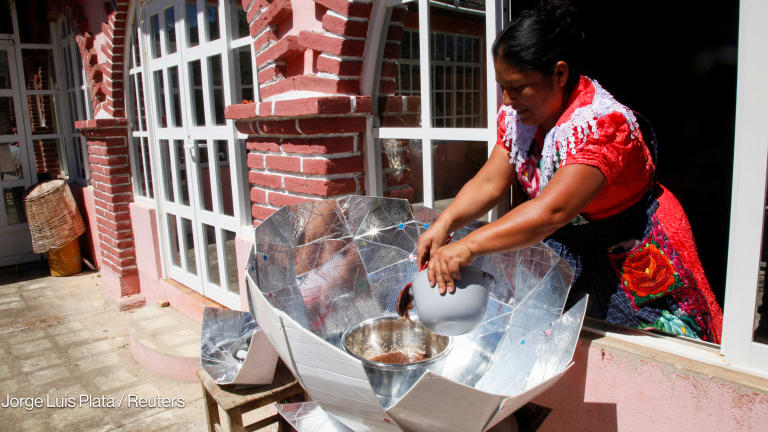The Voluntary Carbon Markets Integrity Initiative, or VCMI, an international nonprofit organization, launched a new tool kit aimed at helping countries navigate international carbon market rules and best practices amid major changes in regulations over the last year.
The tool kit arrives one month before the final deadline for nations to submit their nationally determined goals, or NDCs — their plans to curb greenhouse gas emissions — which so far, only 29 out of 197 countries have completed. Last year, officials at the 29th United Nations Climate Change Conference, or COP29, finalized the rules for Article 6 of the Paris Agreement, which governs international carbon trading between countries.
Carbon markets are meant to put a price on greenhouse gas emissions, with the goal of reducing the amount of pollution that drives climate change. They work on the principle that if emitting carbon costs money, companies, governments, and individuals will be motivated to pollute less. There are two general types of carbon markets: compliance markets set up by governments that require certain industries to limit their emissions, and voluntary markets, where businesses or individuals buy carbon credits to “offset” their emissions from, for example, a flight or a supply chain by funding projects that reduce or capture emissions elsewhere, such as planting trees or building renewable energy.








